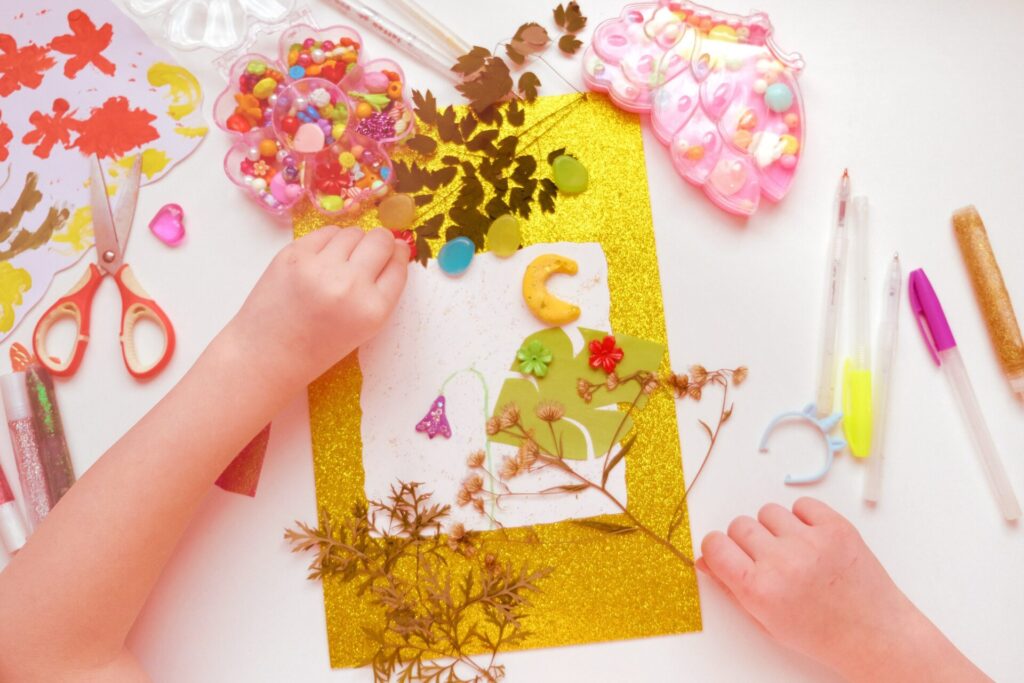
I spent a good part of my day in bed last Saturday.
It’d been a tough week – lots of driving, prepping for an advertising pitch, keeping up with the kids – and my body was letting me know it. I had a punching headache, swirling indigestion and general lethargy. I had the best intentions to clean the house, get some writing done and hang with the kids. Most of that got compromised.
The effects of stress are relatively new territory for me. I’ve always prized myself as the happy-go-lucky type, one with the Teflon demeanor to which stress doesn’t stick. Driving a lot? Every car ride is an adventure. Money’s a bit tight? Just get a few new clients. Bad report card? I’ve got a plan.
But this particular stress thing has been a “boiling frog” problem. You’ve heard the adage – put a frog into a pot of boiling water and it leaps out. Put a frog into a pot of cool water and turn up the heat and the frog stays still, unaware that the boiling point is approaching.
The last three years have radically changed my life and I haven’t consciously considered the stresses related to it. Back then, I was a separated dad of two with (seriously) too much time on his hands. Then I met a girl who lived an hour away. We fell in love. We had a baby. We moved in together. We fought over rules of engagement. We had school problems. We built a beautiful house. I had issues with exes. Mom hurt her back and had to redo a semester at school. One son had heart surgery. Monthly expenditures got higher and higher. We sent kids to three different schools and stayed responsible for transportation.
As I lay in bed this past Saturday, the gravity of it all hit me. I’ve been sick a lot of weekends of late. I’ve gained 25 pounds in the past year. I haven’t seen friends a lot. My anger button has become easier to press. The water has started to boil.
Perspective and truly understanding what’s going on around you at any given time is half the battle. Now that I'm more aware of what’s going on around me, I can actually do something about it.
I’m taking a serious look at my stress, before my stress takes a serious look at me. And I’m starting in a way we don’t often do as parents. Instead of making logistics statements, like “I should exercise more” or “I need better balance,” I’m asking fundamental questions about what it means to be a parent with six children. What does a good life look like? What is “joy” these days? What can I do without?
We don’t do that enough. Life is this tireless river of happenings that forces us to react. By taking stock every once in awhile, by truly asking the basic questions about what we need and what we want, we don’t have to react. We can make the choices that give us the best life possible.
The answers are just starting to come and they’re already surprising me. A good life starts with the right amount of sleep. It includes more involvement with my community than I’ve ever had before. It means putting the garden on hold for a year so I can spend more time with my spouse.
By asking the big questions, I’ll be better able to control the factors that lead to the stress, spend less Saturdays with the flu and be a better parent.
That’s the plan anyway.









